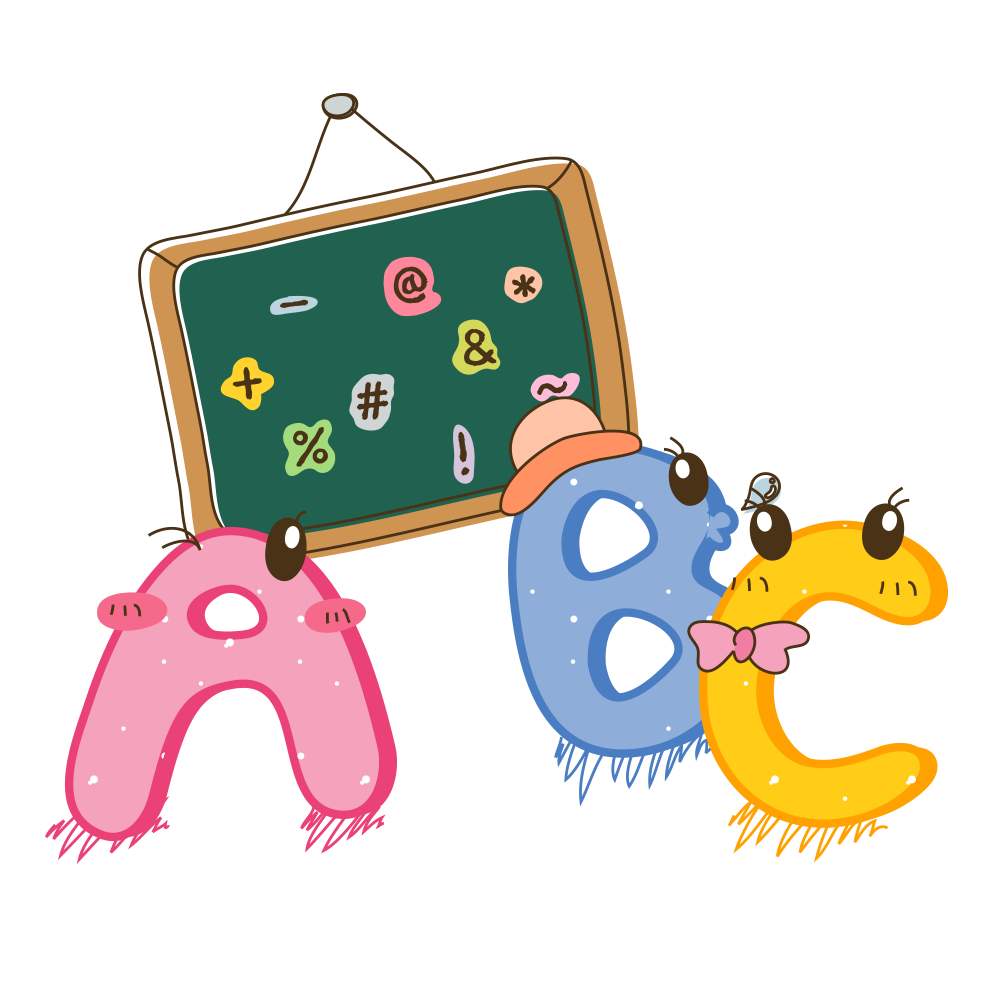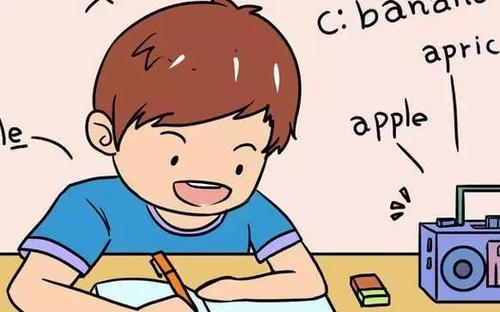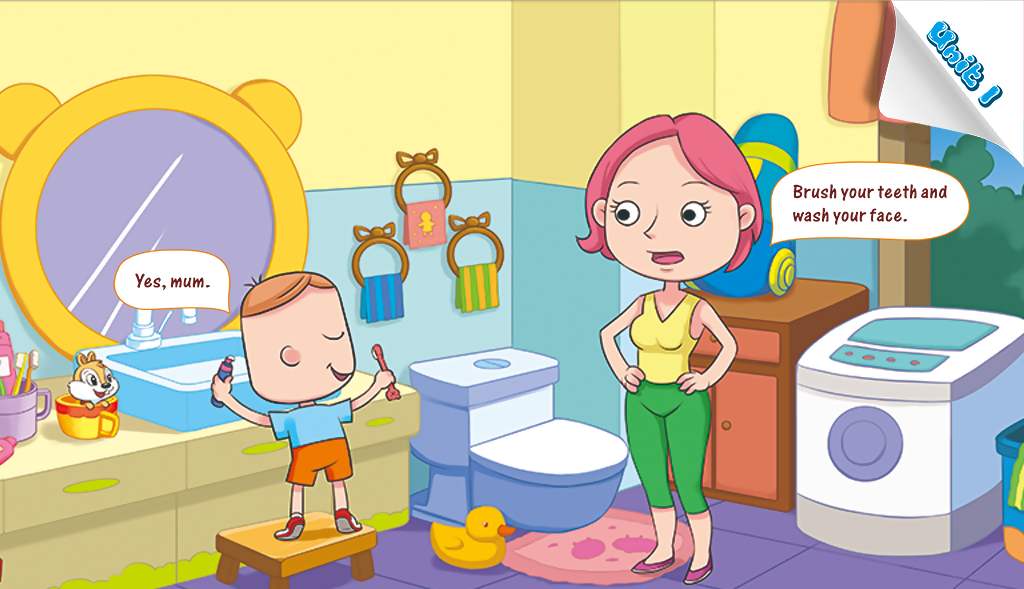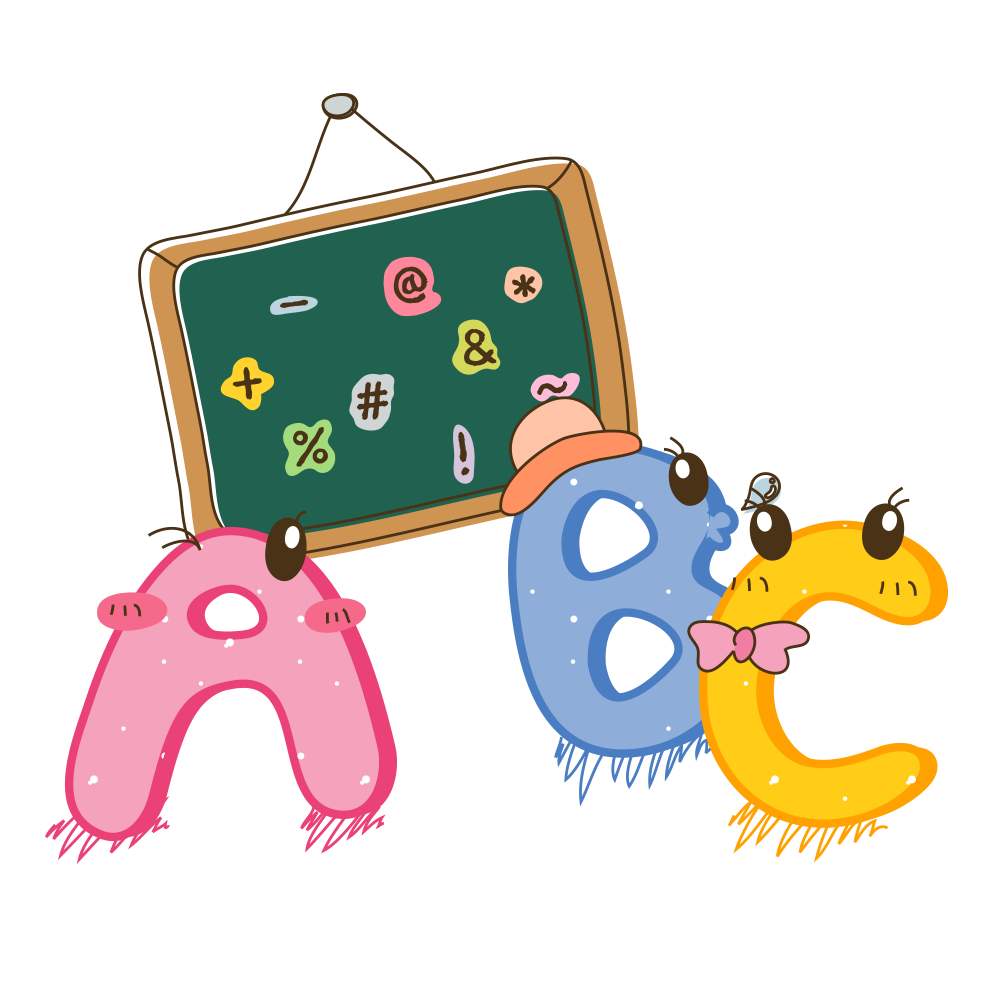学者如登山焉,动而益高,如寤寐焉,久而益足。下面课件网小编为您推荐初三年级上学期英语总复习重点,希望对您有所帮助~

一、重点词组和句型:
1. work with friends
2. make flashcards
3. read the textbook
4. make vocabulary lists
5. listen to tapes
6. ask the teacher for help
7. study for a test
8. work with a group
9. watch English-language videos
10. practice conversations with friends
11. speaking skills
12. read aloud
13. practice pronunciation
14. study grammar
15. keep an English notebook
16. spoken English
17. make mistakes in sth.
18. writing practice 19. laugh at
20. be afraid to do sth.
21. end up
22. later on
23. look up
24. take notes
25. make up
26.deal with
27.be angry with
28.go by
29.try one’s best
30.break off
31.worry about
32.change…into…
33.with the help of sb.
34.compare…to…
35.regard…as…
36.--- How do you study for a test? --- I study by listening to tapes.
37.--- How do you learn English? --- I learn by studying with a group.
38.--- Do you learn English by reading aloud? --- Yes, I do.
39.--- Have you ever studied with a group?
--- Yes, I have. I’ve learned a lot that way.
40. What / How about listening to tapes?
41. It’s too hard to understand the voices.
42. He thinks studying grammar is a great way to learn a language.
43. Why don’t you join an English language club to practice speaking English?
44. I don’t have a partner to practice English with.
45. I was afraid to speak in class, because I thought my classmates might laugh at me.
46. So I decided to take lots of grammar notes in every class.
47. I couldn’t always make complete sentences, either.
48. he finds watching movies frustrating because the people speak too quickly.
49. We get excited about something and then end up speaking in Chinese.
50. The writer found learning English difficult because she had trouble making complete sentences.
二、练习:
一、词汇。
1、用所给单词的适当形式填空。
1) Mr Li’s ________ English is very poor. We can hardly understand him. (speak)
2) How about _______ to England for our summer holidays? (go)
3) Mary is afraid _______ them about it. (tell)
4) I don’t know how _______ this sentence. (translate)
5) Tina studies English by ________ to tapes. (listen)
2、根据句意和所给首字母提示,用适当单词完成句子。
1) Do you ever p_________ conversations with friends?
2) Have you ever s_______ with a group? Yes, I have.
3) I think joining the English club is the best way to i_________ my English.
4) She usually makes m________ in grammar.
5) In England, there are three t______ in a school year.
二、选择题。
1. Maria is from France. She studies English by ______ English movies.
A. watch B. watching C. to watch D. watches
2. Michael got ______ when he heard the goods news.
A. angry B. excited C. exciting D. sad
3. ----- _____ do you study for a test? ----- I study by working with a group.
A. What B. How C. Why D. Who
4. ---- Have you ever learned grammar? ----- ____________.
A. No, I don’t B. Yes, I do C. Yes, I have D. Yes, I am
5. What _____ reading aloud to practice pronunciation?
A. of B. for C. around D. about
6. Why don’t you join an English language club to practice _______ English?
A. speak B. to speak C. speaking D. speaks
7. My grandma enjoys ______the radio.
A. listening B. listening to C. hearing D. to listen
8. Don’t laugh ______ others. You should help them when they are in trouble.
A. at B. to C. of D. on
9. I read very slowly. I can’t spell some English words, ______.
A. also B. neither C. but D. either
* 10. When you practice English speaking, you should not end up ______ in Chinese.
A. speak B. spoken C. speaking D. to speak
* 11. Li Ming, please write a letter telling your friend ______ a better language learner.
A. how to become B. what to become C. which to become D. why to become * 12. --- What things are difficult for you? --- ___________.
A. It’s a good way to learn English. B. I started to memorize new words.
C. I can’t make complete sentences. D. I study by making flashcards.
* 13. It’s important to learn how _____ the computer.
A. to using B. use C. to use D. used
* 14. Maybe you should ________ an English language club.
A. join B. attend C. take part in D. join in
* 15. Many students ask the teacher ______ the marks of the mid-exam.
A. for B. to C. about D. when
* 16. I got an A this term, so my mother was ________.
A. impression B. impressing C. impress D. impressed
* 17. Lucy thinks that ______ vocabulary lists is a good way to learn words.
A. make B. made C. making D. makes
* 18. Why don’t you ______ your teacher for help?
A. ask B. to ask C. asking D asks
* 19. I’d like to buy a new suit, but I don’t know ______.
A. where could buy it B. I should choose which
C. where can I get it D. which I should choose
* 20. I have seen that movie. But I’m afraid it _____ interesting _____.
A. isn’t, all B. isn’t, at all C. not, at all D. doesn’t, at all
*三、补全对话。(首字母已给出)
Teacher: You look w________, Paul.
Boy: I am, Ms Mitchell. I’m having trouble l_________ English.
Teacher: You said you liked English. What’s the p________?
Boy: I can’t g_____ the pronunciation right.
Teacher: Well, listening can help. Why don’t you b_______ the teacher’s tapes? You can listen
to them at home and repeat the sentences that are d ________ for you.
Boy: That’s a good i______. But what about all the new words? I f_________ a lot of new
words.
Teacher: You can always write the new words in your n________ and study them at home. Boy: That might really help. The other problem I have is that I don’t get much w_______
practice.
Teacher: Maybe you should f______ a pen pal.
Boy: That sounds like a fun w____ to practice writing. Thanks, Ms Mitchell.
四、完型填空。
Early one morning, an old woman was carrying a big basket of cabbages on her head to the market. She hoped to (1)_____ them people from the town. The mountain road was narrow(窄的) and the old woman was walking (2)____, because she did not want to have (3)____and lose her cabbages. Suddenly she (4)____a loud bell, and a bicycle came round the corner. It passed her and went very fast (5)____the hill. The old woman had to jump to one side of the (6)___so quickly that the basket of cabbages nearly fell into the valley(山谷). She looked up and saw that a young boy was on the bicycle. He was (7)___on without even looking round to see (8)___the old woman was all right. The old woman began to shout, “Come back, young man. You dropped something.” When he heard this, the boy stopped the bicycle so suddenly that he (8)_____fell off. Then he turned and began to (10)_____the bicycle back up to the hill. “What is it?” he asked.
“What did I drop?” “Young boy,” the old woman answered, “you dropped your manners.”
1. A. send B. give C. sell D. take
2. A. clearly B. carefully C. politely D. hardly
3. A. a match B. a rest C. an accident D. a talk
4. A. hit B. made C. found D. heard
5. A. down B. up C. to D. over
6. A. road B. street C. town D. hill
7. A. driving B. riding C. running D. walking
8. A. how B. where C. whether D. when
9. A. usually B. hardly C. easily D. nearly
10. A. carry B. catch C. push D. give
五、阅读理解。
The best way of learning a language is by using it. The best way of learning English is talking in English as much as possible. Sometimes you will get your words mixed up and people will not understand you. Sometimes people will say things too quickly and you can’t understand them. But if you keep your sense of humor, you can always have a good laugh at the mistakes. Don’t be unhappy if people seem to be laughing at your mistakes. It is much better for people to be laughing at your mistakes than to be angry because they don’t understand what you are saying. The most important rule for learning English is: “Don’t be afraid of making mistakes, everyone makes mistakes.”
1. The best way of learning a language is ______.
A. to remember the grammar rulers B. to use it as often as you can.
C. to try not to get your words mixed up D. to make a lot of mistakes
2. When people laugh at your mistakes, _______.
A. you should be angry with them B. you must stop talking at once
C. you should keep your sense of humor D. you must be very careful next time
3. The most important rule for learning English is ______.
A. to try to make fewer mistakes B. not to be afraid of making mistakes
C. to be brave to talk to others in English D. both B and C
4. Wu Dong, Liu Ying, Xiao Ming and Li Ping are learning English. Who do you think is correct?
A. Wu Dong tries to use English as much as he can.
B. Liu Ying is always shy of speaking English.
C. Xiao Ming is afraid that others may laugh at him
D. Li Ping never tries to talk to others in English.
5. The passage seems to tell us _____.
A. that you should learn to laugh at mistakes B. that it’s interesting to learn English
C. what to do when you make mistakes in talking D. how to make others understand you
六、书面表达。



